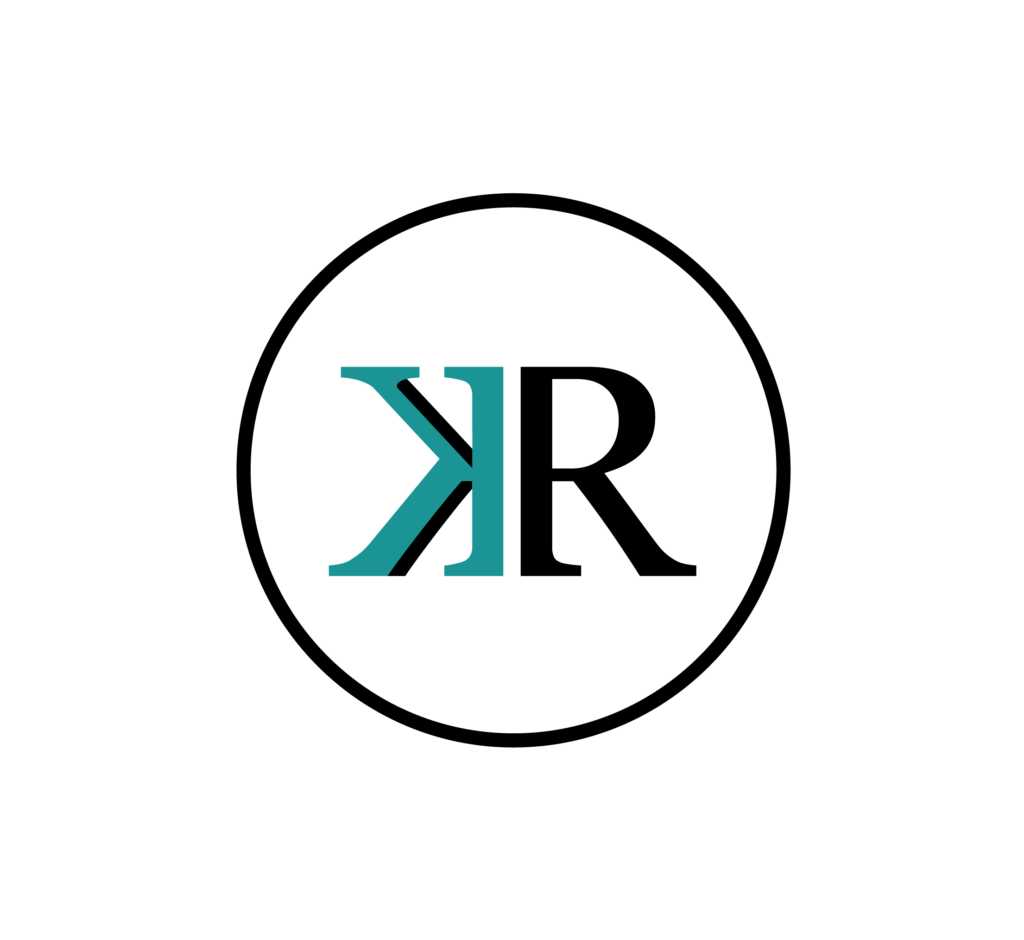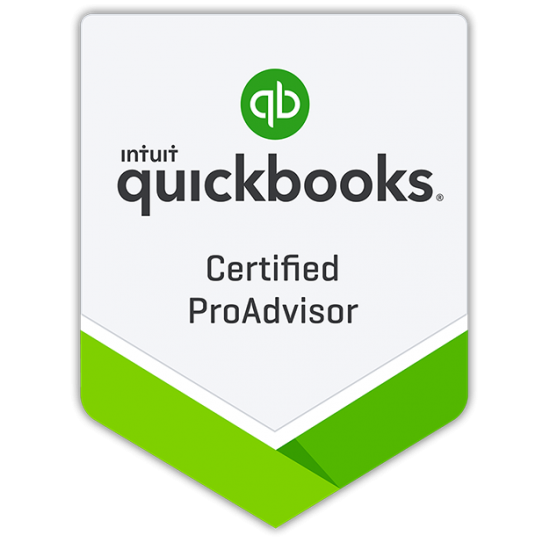The IRS has created several forms in the 1099 series, but this article focuses on the 1099-NEC because it is applicable for so many of our clients. Form 1099-NEC (nonemployee compensation) is an Internal Revenue Service (IRS) form for businesses to report payments made to parties that are not employees. One copy will be provided to the contractor, and one will be submitted to the IRS. One of the most common questions we receive is, “Do I have to issue a 1099?”
If you are unsure about whether you should issue a 1099, ask yourself the following questions:
Who am I paying?
First, this form is not required for personal payments, so you should only issue one for payments you made in the course of a trade or business.
Furthermore, the recipient should be a freelancer or contractor, not an employee that you provide a form W-2. Someone is considered an independent contractor if they are self-employed or contracted to perform work to another business as a nonemployee. This distinction is important because you do not have to withhold income taxes or withhold and pay employer Medicare and Social Security taxes from an independent contractor’s payments.
What if I’m paying a business?
Form 1099 is issued to all “persons” but corporations. Persons include individuals, sole proprietorships, partnerships, and most limited liability companies (LLCs). If an LLC has made an election to be taxed as an S corporation, then no 1099 is required.
In addition, if you pay an attorney, you should provide them with a 1099 even if their business is incorporated.
How much am I paying?
You are not required to provide a 1099 to someone that you paid a de minimis amount. The threshold for reporting is $600.
For example, if your business hired a painter and paid them $1,300, you should issue them a 1099. If your business hired a janitorial service to clean your office and paid them $400 per month, you should provide them with a 1099 because the total of the payments in one year of $4,800 is higher than $600.
How did I pay?
In the total you report on the 1099, you should only include payments made by cash, check, ACH transfer, or other direct means. Payments by credit card or through third-party transaction networks will be reported by the financial institution on Form 1099-K, so you should not include them. Going forward, payment platforms such as Venmo will also be required to issue 1099-Ks.
The Importance of the W-9
Every contractor that you work with should provide a completed W-9 before they provide any services.
A W-9 is an IRS form used by businesses to gather tax information from external parties. The information provided on Form W-9, such as the taxpayer identification number, is essential for completing Form 1099.
Importantly, if the payee fails to furnish his or her taxpayer identification number (TIN), they are subject to backup withholding at a 28% rate. If you do not collect and pay backup withholding from affected payees as required, you may become liable for any uncollected amount. Therefore, we recommend always collecting a W-9 before the contractor begins providing services.
Conclusion
Issuing 1099-NECs when required is critical to keeping your business in compliance with the IRS. The due date for payers to complete the Form 1099-NEC is January 31, so it is important to collect your W-9s and track your payments throughout the year. If you have further questions about 1099-NEC reporting requirements, please reach out to our office at 480-294-4967.




